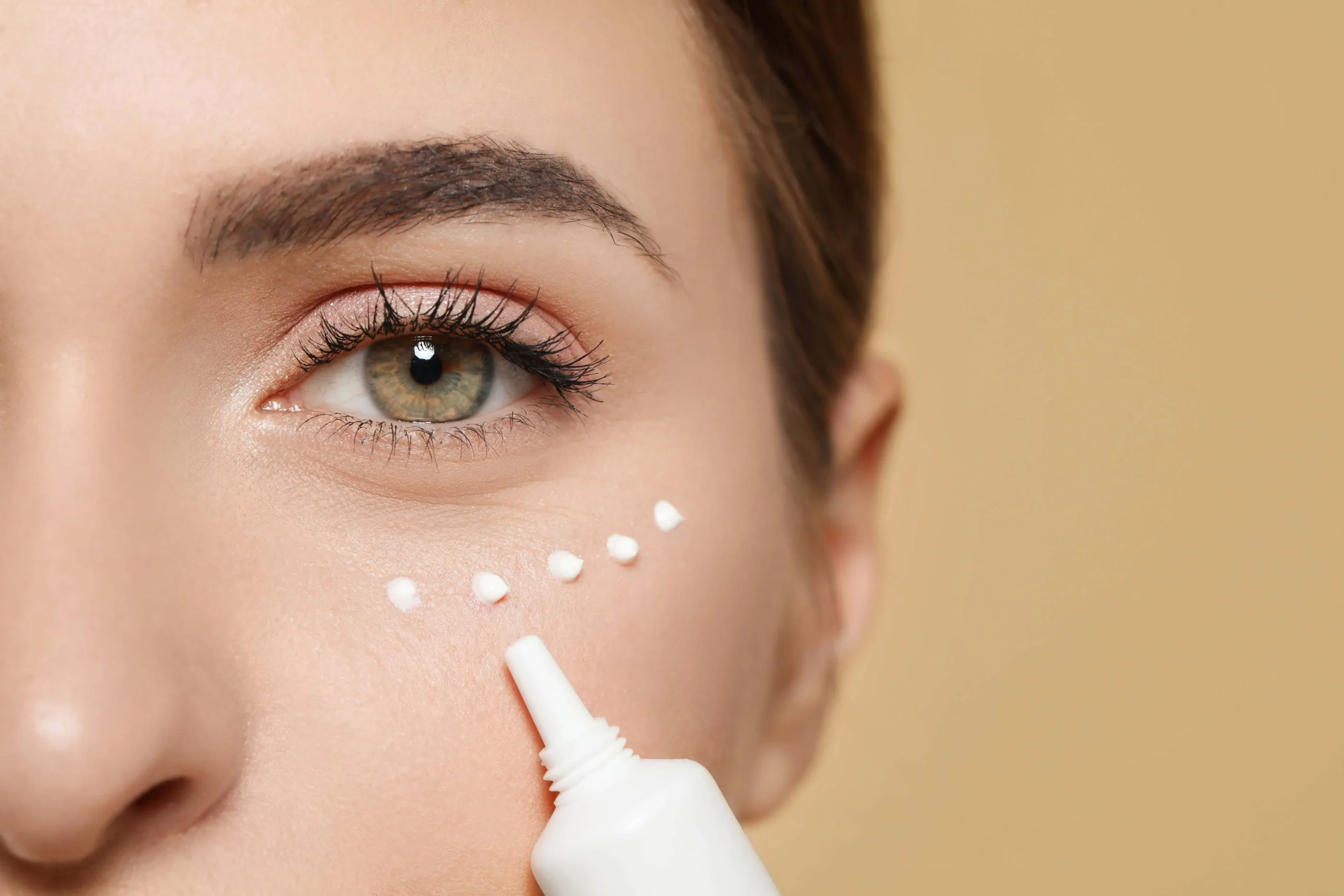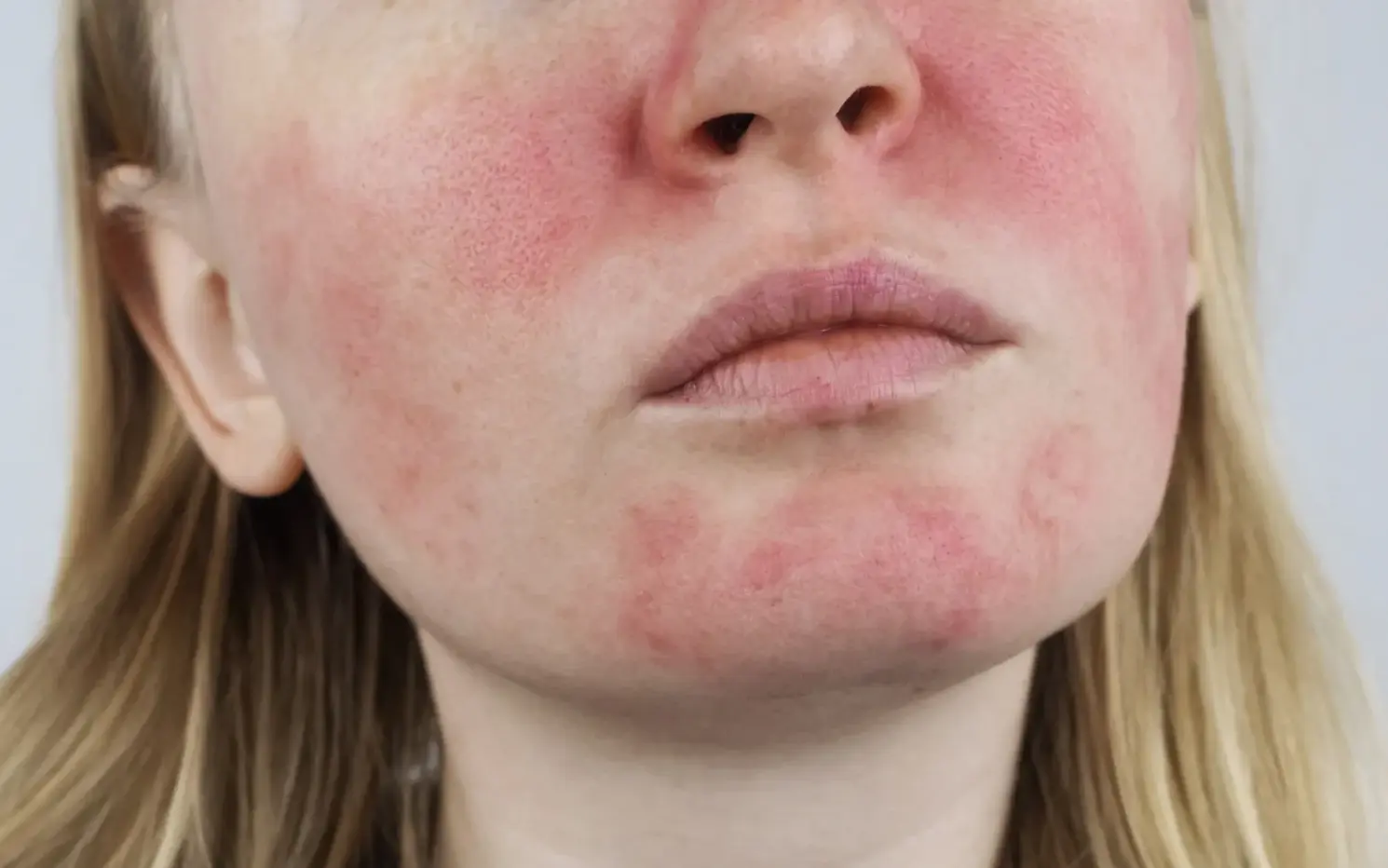Acne is a widespread skin condition impacting millions of individuals globally, affecting people of all ages from teenagers to adults. While numerous factors contribute to the development of acne, including hormones, diet, and skincare habits, genetics is often cited as a significant factor. But how true is the connection between genetics and acne? Is it just a convenient excuse, or is there substantial evidence to support it? Let’s explore the relationship between genetics and acne to determine if it’s a myth or a reality.
Understanding Acne
Acne occurs when hair follicles become clogged with oil (sebum) and dead skin cells, leading to the formation of pimples, blackheads, and cysts. Several factors can exacerbate this condition, including:
● Hormonal Changes: Androgens, which increase during puberty, can cause the sebaceous glands to produce more oil.
● Bacteria: The bacterium Propionibacterium acnes (now known as Cutibacterium acnes) can contribute to inflammation and acne development.
● Diet: Some studies suggest that high-glycemic diets and dairy products might aggravate acne.
● Stress: Emotional stress can influence hormone levels and worsen acne.
The Role of Genetics in Acne
1. Family History and Acne: Numerous studies indicate that a family history of acne can increase the likelihood of developing the condition. If one or both of your parents had acne, you might be at a higher risk of experiencing it yourself. Genetic predisposition plays a role in how your skin reacts to hormonal changes, how much oil it produces, and how it responds to acne-causing bacteria.
2. Genetic Factors: Research into the genetics of acne is ongoing, but several genetic factors have been identified that contribute to acne susceptibility. For instance:
- Sebum Production: Genetic variations can affect the size and activity of sebaceous glands, leading to increased oil production and acne.
- Skin Inflammation: Genetic predispositions may influence how the immune system responds to acne-causing bacteria, leading to more severe inflammatory reactions.
- Hormonal Regulation: Genetic factors can impact how your body regulates hormones, particularly androgens, which play a crucial role in acne development.
3. Genetic Markers: Recent studies have identified specific genetic markers associated with acne. For example, variations in genes related to inflammation and skin barrier function have been linked to increased acne risk. However, these findings are still being studied, and more research is needed to fully understand their implications.
Myth vs. Reality
● Myth: “If my parents had acne, there’s nothing I can do about it.”
- Reality: While genetics can influence acne risk, it’s not the sole determinant. Effective acne management involves a combination of skincare, lifestyle adjustments, and, if necessary, medical treatment. Genetics can increase susceptibility, but good skincare habits and appropriate treatments can significantly improve acne outcomes.
● Myth: “Genetics means acne is inevitable.”
- Reality: Genetic predisposition increases the likelihood of developing acne but does not guarantee it. Many individuals with a family history of acne never experience the condition, and those with no family history can still develop it. Environmental factors, lifestyle choices, and skincare routines play essential roles.
● Myth: “Acne is purely genetic; other factors don’t matter.”
- Reality: Acne is multifactorial, meaning it results from a combination of genetic, hormonal, environmental, and lifestyle factors. While genetics play a role, they interact with other factors to influence acne development.
Managing Acne with a Genetic Predisposition
If you have a genetic predisposition to acne, consider the following strategies to manage and potentially reduce its impact:
● Skincare Routine: Use non-comedogenic products and maintain a consistent skincare routine to manage oil production and prevent clogged pores.
● Medical Treatments: Consult a dermatologist for personalized treatment options, including topical or oral medications.
● Healthy Lifestyle: Maintain a balanced diet, manage stress, and stay hydrated to support overall skin health.
● Avoid Triggers: Identify and avoid specific triggers that worsen your acne, such as certain foods or skincare products.
Conclusion
Genetics undeniably play a role in acne susceptibility, influencing factors such as sebum production, inflammation, and hormonal regulation. However, acne is a multifactorial condition, meaning that genetics are just one piece of the puzzle. By combining a good skincare routine, lifestyle adjustments, and appropriate medical treatments, individuals with a genetic predisposition can effectively manage and improve their acne.
Understanding the interplay between genetics and acne helps in developing a more comprehensive approach to treatment and management. If acne is a concern, consulting with a healthcare provider or dermatologist can provide tailored strategies to address both genetic and non-genetic factors.





